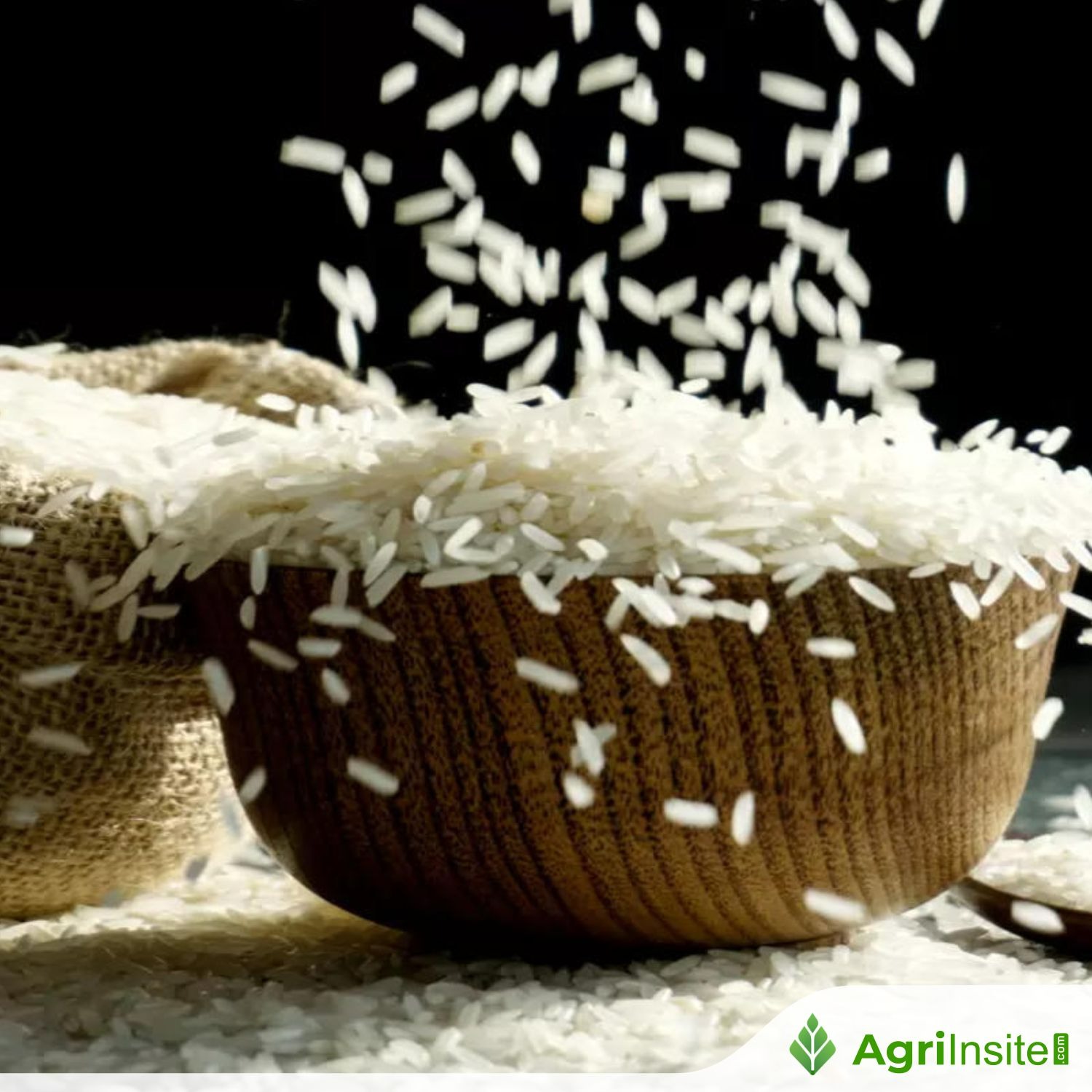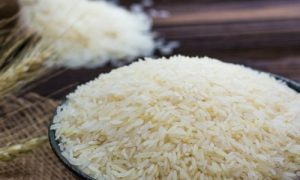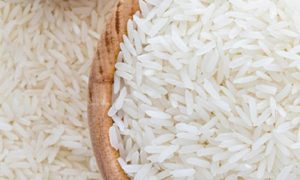Punjab: Centre rejects millers’ demand for field trials

Punjab rice millers have raised concerns about the low out-turn ratio (OTR) for PR 126 and hybrid paddy varieties, reporting a 62-64% yield instead of the 67% required. The central government, however, declined to conduct field trials to confirm yield loss, choosing to rely on IIT Kharagpur’s ongoing study. Union Minister Pralhad Joshi emphasized standardized OTR norms across India and assured measures for procurement efficiency, including storage expansions and wheat stock evacuations. The decision has received criticism from millers, who seek immediate field trials to mitigate economic risks.
The millers have been reluctant to shell the paddy, claiming that the out-turn ratio (post-milling yield) in these varieties was 62-64%, which was less than 67%, the acceptable permissible norm
The centre on Sunday rejected the Punjab rice millers’ demand seeking field trials to assess the fall in rice outcome in the freshly harvested short-duration PR126 and hybrid varieties and said that it will rely on the study being conducted by the Indian Institute of Technology, Kharagpur.
As per the data from the state agriculture department PR 126 variety was sown over 43% of the total 32 lakh hectares under paddy cultivation in the kharif season this year.
The millers have been reluctant to shell the paddy, claiming that the out-turn ratio (post-milling yield) in these varieties was 62-64%, which was less than 67%, the acceptable permissible norm.
It needs to be mentioned here that out of the given quantity of paddy, millers have to give the Food Corporation of India (FCI) 67% of rice and are also responsible for meeting any shortfall.
“A study has been assigned to the Indian Institute of Technology (IIT), Kharagpur, for reviewing the present OTR and driage incidentals of paddy. For this purpose, tests are being conducted in different rice procuring states, including Punjab,” said Pralhad Joshi, Union minister of food and public distribution, while addressing a press conference in New Delhi.
Joshi added that the PR 126 variety has been in use in Punjab since 2016 and there had never been any such issues reported previously. “It is understood that the primary reason this has been raised is the rise in hybrid varieties that are marketed in the name of PR 126 in the state of Punjab, which have a significantly lower OTR compared to PR 126,” he added.
The minister clarified that OTR norms prescribed by the centre are uniform all over the country and are irrespective of the seed variety, as procurement all over the country is based on uniform specifications, called fair average quality (FAQ).
Centre’s refusal has drawn a sharp reaction from the millers. Bharat Bhushan Binta, president of the Punjab Rice Industry Association, said that the main demand of the millers was to have central teams test hybrid and PR-126 paddy varieties and the (Union) minister had assured our delegation that they would resolve the issue within four days.
“The decision comes at a time when farmers in Punjab are facing increasing distress in local markets, and millers have expressed concerns about storing these paddy varieties, fearing potential financial risks,” he added. He asked the central government to reconsider and conduct field trials immediately to prevent further economic loss to Punjab’s agriculture sector.
The Union minister said that all measures are in place to ensure smooth procurement of 185 lakh tonnes expected to arrive in 2,700 mandis opened for procurement.
As per data, as of October 26 out of 54.5 lakh tonnes of paddy that arrived in state mandis, 50 lakh tonnes has been procured. Compared to the previous season on the same date, 65.8 lakh tonnes of paddy had arrived, out of which 61.5 lakh tonnes was procured.
A total of 3,800 millers have applied for registration out of which 3,250 millers have already been allotted work by the Punjab government. More millers are expected to register and be allotted the work in the next seven days.
The Union minister also informed that to ensure adequate storage, the centre was focusing on the speedy evacuation of wheat stock to deficit states and new godowns are being hired to create additional storage of 31 lakh tonnes over and above the existing storage capacity of 175 lakh tonnes.
“The delivery of custom milled rice (CMR) usually begins in December every year, and by that time, sufficient space will be available to ensure smooth delivery of CMR by the millers. A depot-wise plan has been prepared to evacuate 13-14 lakh tonnes of wheat every month from Punjab until March 2025,” the minister added.
















